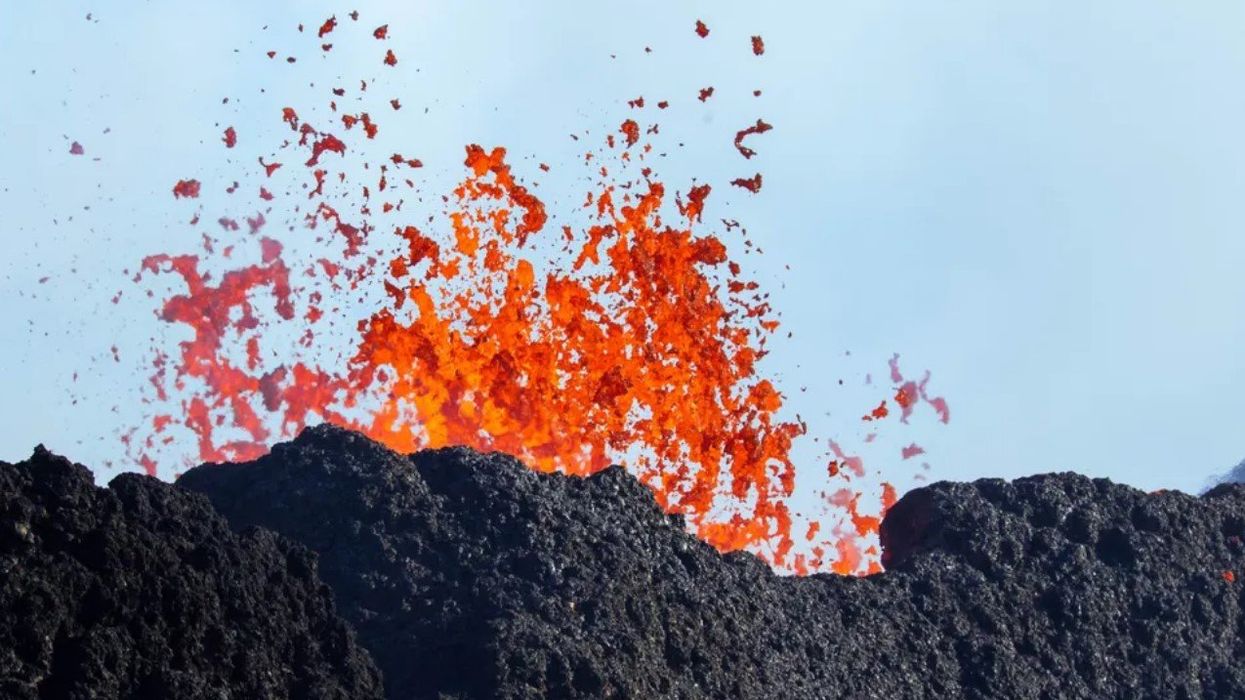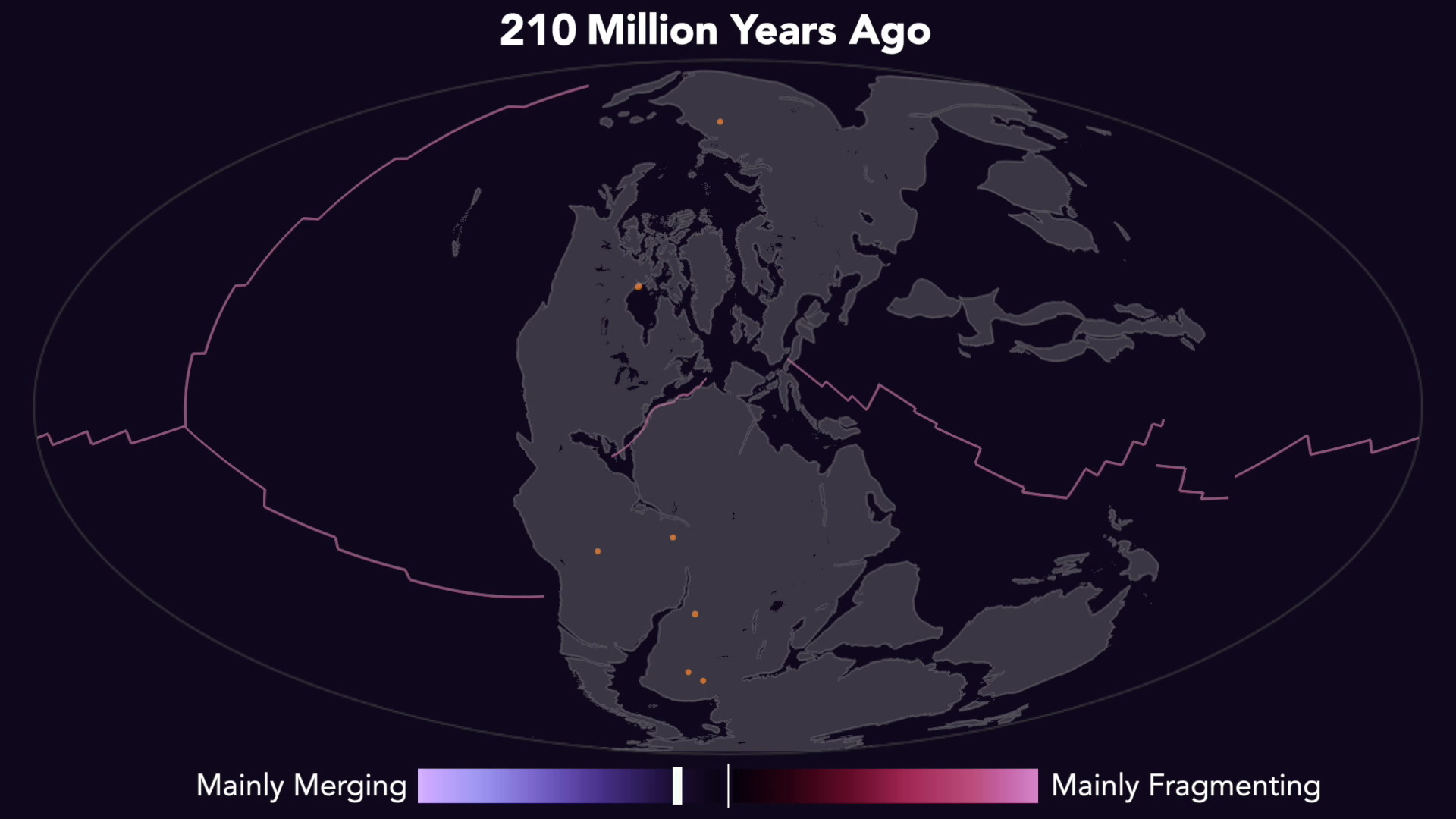Ellie Abraham
Jan 17, 2024

Iceland volcano eruption: House burns down as lava river surrounds building
iStock
The sounds of diamonds erupting from deep within the Earth have been captured in a new animation.
The origins and composition of our world have intrigued scientists for years and now experts believe that “fountains of diamonds” are sent shooting to the surface of the Earth as part of a geological phenomenon.
As supercontinents break up, huge volcanic explosions are triggered deep in the Earth’s crust and mantle, pulling diamonds rapidly to the surface.
Based on a 2023 study in the journal Nature, continents have been moving and merging constantly over the last 240 million years. Now, an animation based on the paper has been released which also uses sound to deliver information.
In the video, pulses of orange light on a world map indicate kimberlite eruptions (small but powerful volcanic eruptions that take place in locations where diamonds tend to be more commonly found, such as southern Africa). The pitch of sound is higher for those that occur at higher latitudes and lower latitudes represented by lower pitches.

The background of the “song” also corresponds to tectonic activity. When continents are fragmenting and rifting apart, the background melody has a brighter sound and is a major key. But, when they are mostly merging, the melody is in a minor key and sounds darker overall.
The result is a piece of music and animation that documents the history of our planet’s tectonic movements over 240 million years.
The animation was made by SYSTEM Sounds – a “sci-art outreach project” that translates data into sound.
In a scientific paper on the phenomenon of the sonification of data, the study’s authors explained: “Sonification is an immersive and engaging art form with the potential to reshape the way scientists communicate modern environmental challenges to the public, hopefully promoting wider engagement with Earth and environmental science.”
How to join the indy100's free WhatsApp channel
Sign up to our free indy100 weekly newsletter
Have your say in our news democracy. Click the upvote icon at the top of the page to help raise this article through the indy100 rankings.
Top 100
The Conversation (0)













